Antibody discovery
Fully human antibodies for almost any viable target, ready for preclinical testing
Our B-SMArTTM platform for human antibody discovery bypasses the need for humanization and opens opportunities for challenging targets.
Using innovative B-cell selection technologies, advanced transgenic models and comprehensive developability assessments, we can take your antibody target from research to reality.
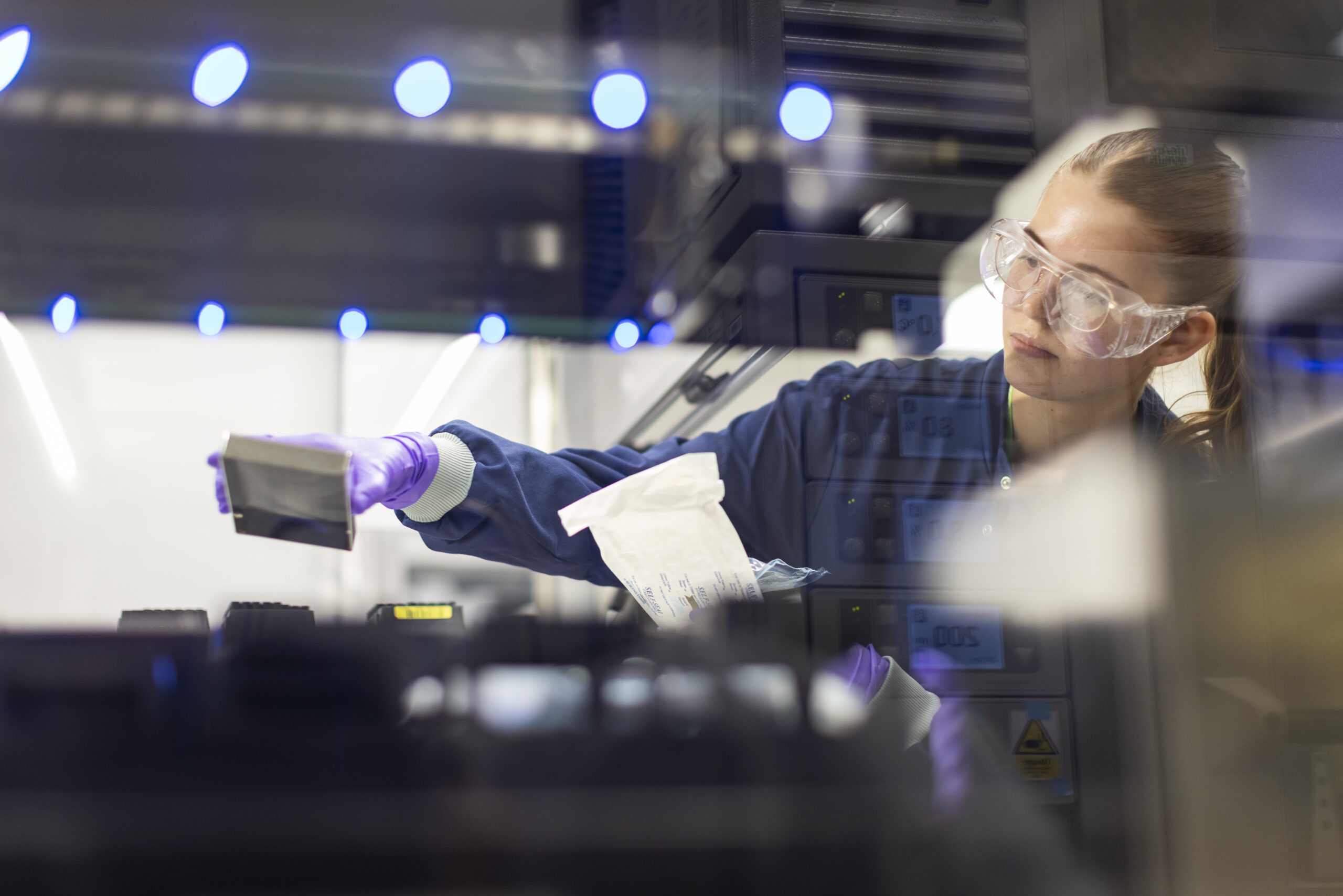
What you’ll get from partnering with us
Flexible partnership agreement
We take on most of the financial and discovery risk, so you don’t have to. Based on the scope of work and agreed royalty payments, some projects may have tailored fees.
Retain your intellectual property
You retain IP ownership and commercialisation control after the project ends. We can provide follow-on patent support.
Open dialogue and regular sample and information sharing
Our top scientists work with you to maximise your target’s therapeutic potential. We can also provide post-delivery guidance.
Antibodies with the best chance of reaching clinical trials
Lead antibodies meet the agreed functional requirements and have suitable expression levels, stability and biophysical characteristics.
More about our antibody discovery platform
Clinically validated transgenic technology
We use mice engineered with the complete repertoire of human V-regions in their genome. Resulting antibodies are diverse, naturally affinity matured and usually ready for further development, without further humanization or optimisation.
Antigen-positive single B-cell sorting
We combine single B-cell sorting with NGS sequencing and advanced bioinformatics. We’re exploring how machine learning and AI could further improve outcomes and efficiencies.
Microfluidic function-based single B-cell sorting
Using the Beacon® Optofluidic System, we can identify antibodies of interest produced by single B- or plasma cells as soon as they are isolated from transgenic animals. This early, function-first identification can reduce throughput and potentially eliminate weeks of screening time.
Screening to select lead molecules
We also carefully assess antibodies for binding kinetic profiles, selectivity and specificity. This includes evaluating cross-reactive binding properties against target orthologues in other species. We can also perform high throughput epitope binning to assess epitope diversity.
Understanding developability
We rigorously test antibodies via a suite of biophysical assays – including for aggregation propensity, solubility, serum stability, kinetic properties, charge heterogeneity, purity and non-specific interactions. Candidates showing optimal efficacy, drug-like properties and manufacturability are chosen as lead molecules.
Fully human lead candidate molecules
Final molecules are delivered ready for pre-clinical development, scale-up, CMC and eventually testing in human clinical studies.
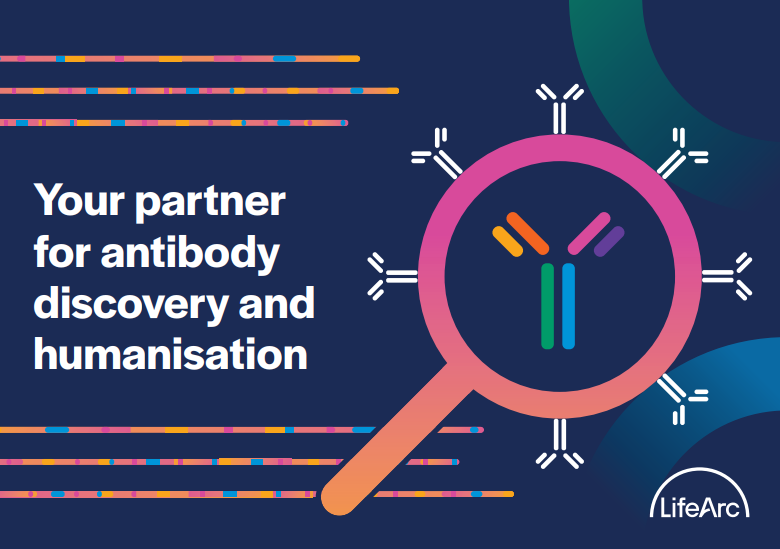
Learn more about our antibody discovery and humanization capabilities
Who to contact
-

Preeti Bakrania
Read bio: Preeti Bakrania
Other ways we can support you
Antibody humanisation
We can help optimise and humanise your antibodies with a success rate of more than 98%.
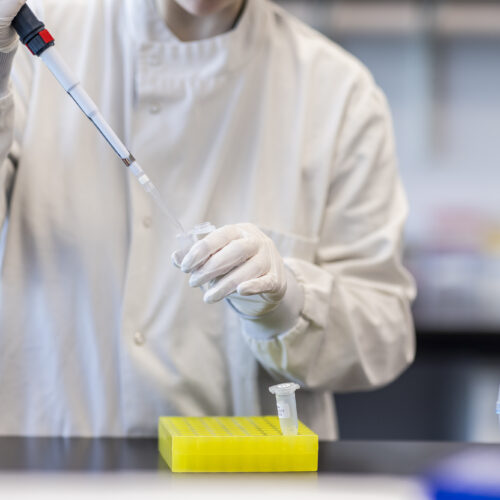
Diagnostics development
We support all stages of diagnostic development, from assay design through to clinical validation.
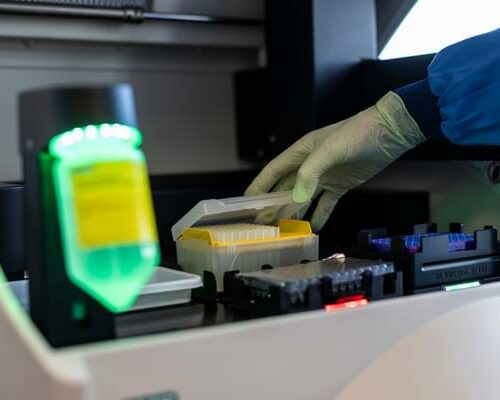
Targeted protein degradation
PROTACs and alternative E3 ligases to degrade target proteins that aren’t classically targetable by small molecule inhibitors.
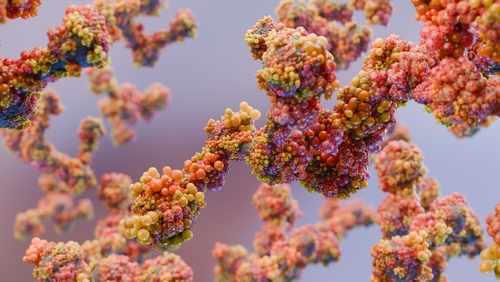
Commercialisation advice
Support your technology transfer to progress your work towards commercially viable products.

Contact us
In submitting your personal data via this form, you consent to being contacted via the details provided so that your enquiry can be responded to. If you would like your data to be removed, please email info@lifearc.org.
Please see our Privacy Policy in relation to the personal data you submit to us through this page.
Latest news
-

New AI tool aims to detect early signs of dementia during routine eye tests
-
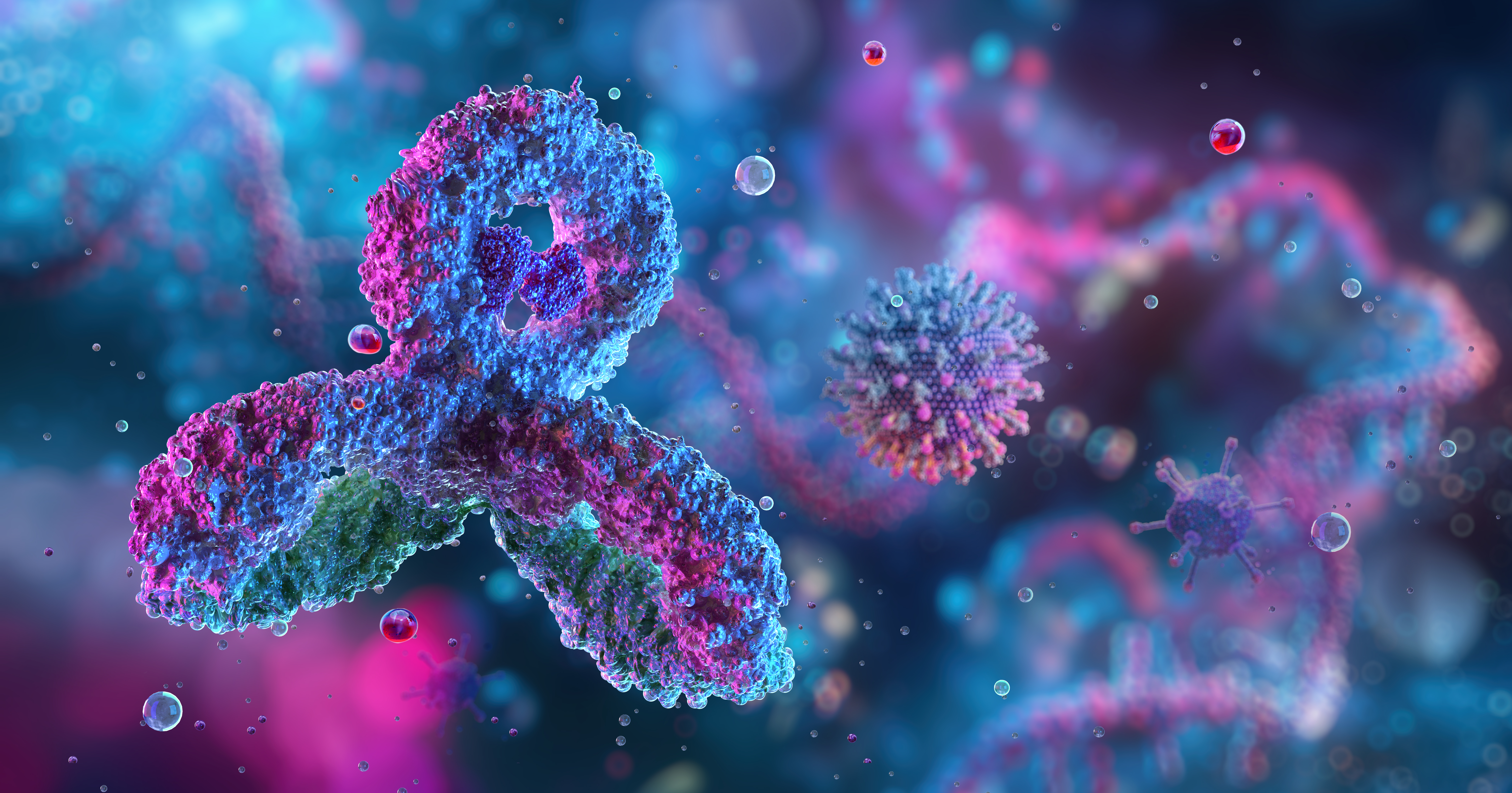
LifeArc and Cleveland Clinic join forces to develop new monoclonal antibody therapeutics for patients with high unmet medical needs
-
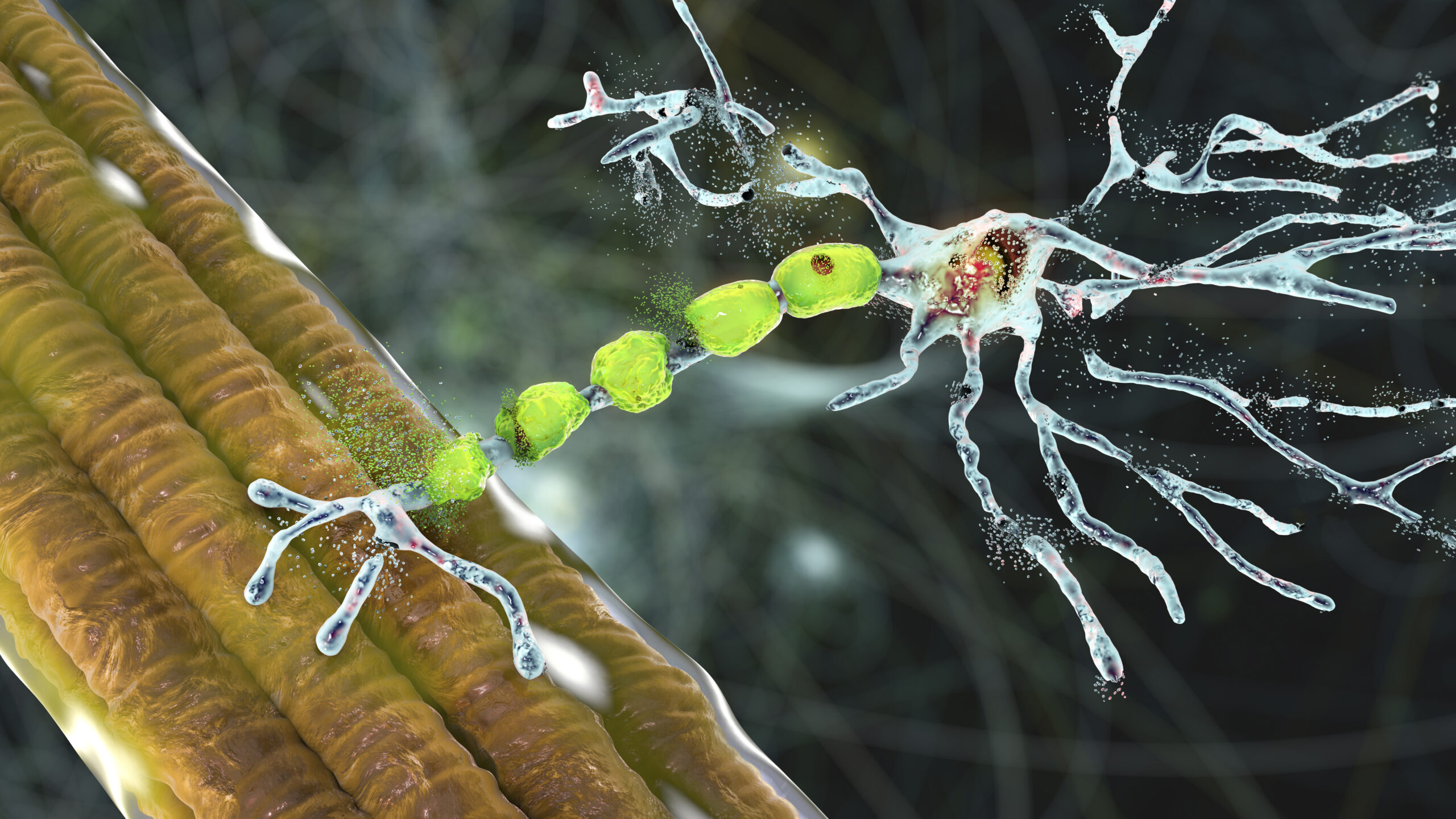
Third global Longitude Prize to be launched in 2025 focusing on ALS
